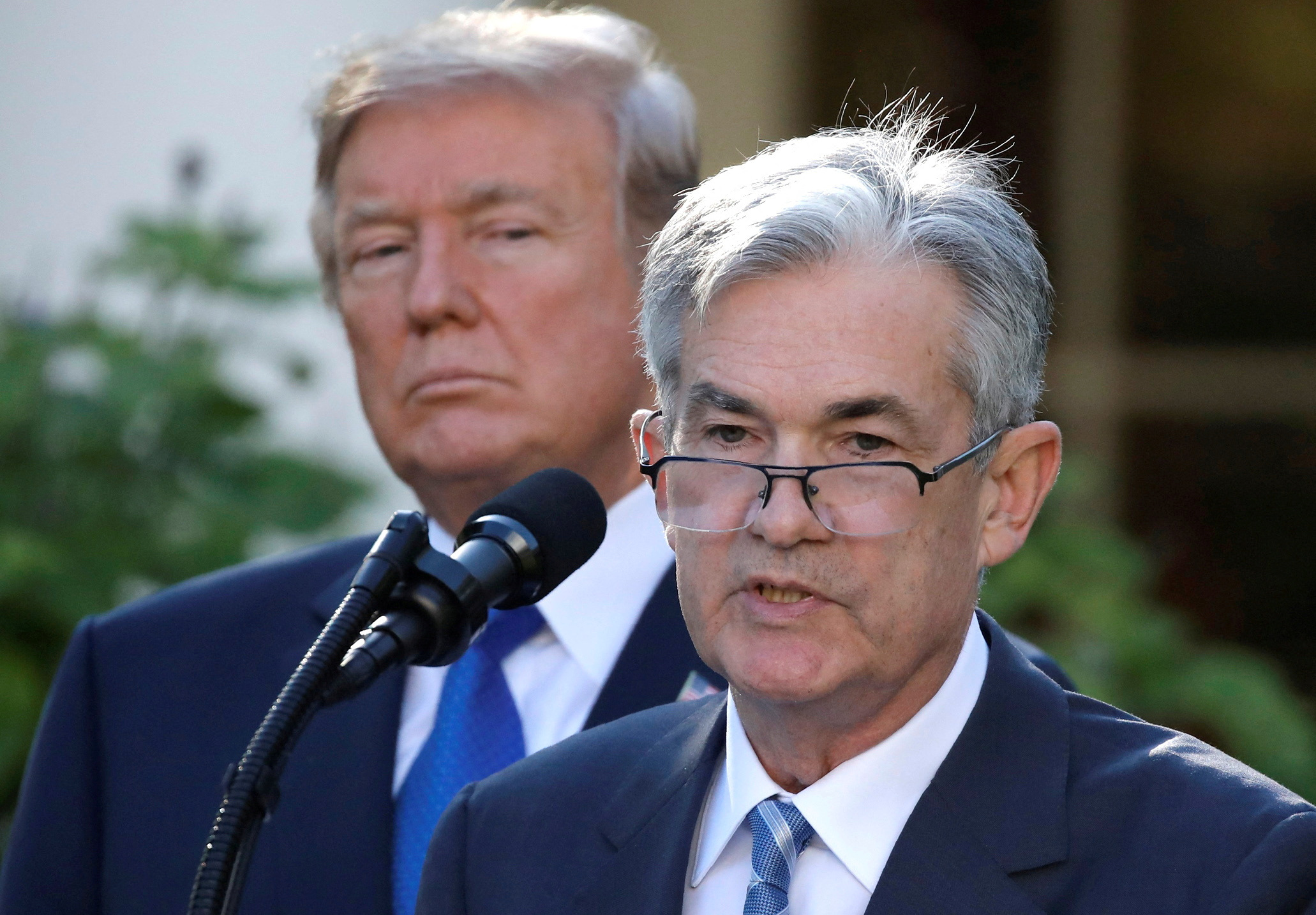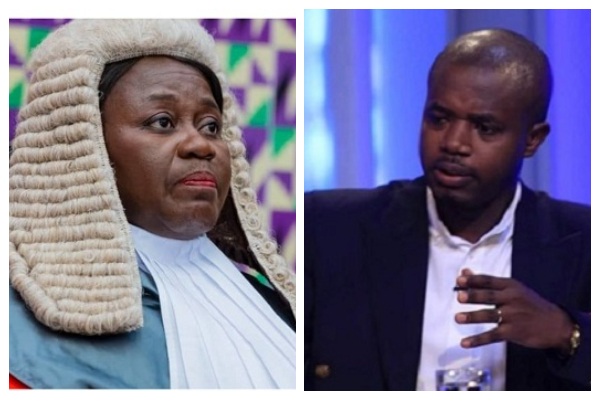April to June are the months where students and parents alike go through the hellish exam period in schools and universities. This year, it is a no less testing period for the world economy and America, at least, is very likely going to flunk it. As my daughter has been growing up taking various exams (hopefully 2025 will be the last year we go through this exam nightmare), I have tried to be supportive and helpful particularly in her effort to overcome her anxiety.
One thing that I have repeatedly tried to instill in her (and only partially succeeded) is that she should always read the question again and again. There is no point, I told her, to attempt an answer if you do not understand the problem first: it will always lead you to the wrong response. I am afraid that US President Donald Trump has not had the benefit of my wisdom and is leading us all on the path to economic doom.

“They do it to us, we do it to them. It couldn’t be any simpler than that” was his nutshell justification of the tariff war he has unleashed. Oh, if life – or economics for that matter – was indeed that simple.
His love of simplicity would be commendable if it had any basis on tackling a real problem rather than one in his imagination. For America’s trade deficits (to the extent that they are indeed a problem, and that is debatable) have nothing to do with perceived or actual tariffs that are in place against US exports, but rather are a direct result of America’s excessive spending over saving. Trump and his entourage have got it all wrong.
To use economic jargon, it is the budget deficits (something that is controllable by the US itself) that cause the trade deficits, not the other way round. Yet, this economic reality escapes the Trump camp, with Peter Navarro the chief architect of his tariff policy advocating in the Financial Times on April 7 that the whole edifice of the World Trade Organisation (WTO) and the most favoured status (MFN) principle on which the world economy was based since 1945 has been the cause of America’s problems. Closing his article, he reiterated his boss’s benign sounding argument.
“All America wants is fairness. President Trump is simply charging you what you are charging us. What is fairer than that?” This could not however disguise the threat inside the article.
“This is not a negotiation,” he said. “To those world leaders who, after decades of cheating, are suddenly offering to lower tariffs – know this: that’s just the beginning.” There you have it.
The richest country in the world, which acted as a beacon in driving economic growth worldwide for the benefit of all, itself included, is now a victim seeking retribution. When you misdiagnose the sickness, it is unlikely that the prescribed treatment is going to work. Even then, the treatment itself in Trump’s case is not only ineffective but entirely self-destructing.
Who can forget his infamous suggestion of administering bleach or somehow using internal light rays to combat the Covid virus. The next three months will be pivotal on how the whole world will turn out. For unlike the cool exterior and nonchalance that Trump wants to display, CEOs of leading Wall Street firms that were strong supporters of his sounded the alarm after the sharp falls in the money markets and the dollar, but particularly after bond markets took a tumble, pushing US borrowing costs significantly higher.
Even Elon Musk broke ranks and came out against the tariff policy, describing Peter Navarro in a tweet as a moron. We may never know who or what exactly finally got to Trump and got him on Wednesday to reverse course and pause most of his tariffs for 90 days (with the exception to China, which has engaged in a tit-for-tat tariff war). Trump of course is never going to admit to second thoughts.
“It was always part of the plan” is how the White House is spinning the reversal. The president’s tactics forced a lot of countries to rush to the US seeking to make a deal. They have been rushing to “kiss my ass” is what the president has been boasting.
Tactics or not, there are signs that Trump himself was also worried. Markets can be relentless when faced with non-sensible policies. Liz Truss, the hapless UK prime minister of 45 days, experienced it first-hand when presenting her mini budget in 2022.
Then, the Bank of England had to step in to soothe things, but not before Truss was forced to resign in disgrace. Trump, however, was not going to receive a get out of jail card, as was evident from his outburst on Federal Reserve chairman Jerome Powell. The president lambasted the Fed that it should lower interest rates immediately and stop playing political games.
This reminded me of a joke among economists which goes something like this: Question: What is the Fed’s answer to an imminent invasion from aliens from outer space? Answer: Bring down interest rates! The tariff pause may have earned the Fed chair a reprieve from making a decision on interest rates while hopefully keeping the aliens, at least temporarily, away. I am sure that when observing the delegations coming to kiss the president’s behind, they would have exclaimed, “What a beautiful a..
...
...
.” Jokes aside, depending on how the tariff war plays out, the responses by the central banks around the world will surely be crucial. Usually, central bank actions are coordinated with small differentiations and are almost always in the same direction.
Not this time. For the economic circumstances in the US with the rest of the world are markedly different on this occasion. The impact of tariffs in the US will likely put pressure on prices to rise whereas for the rest of the world the pressure on prices will be downward, as Greek central bank governor Yannis Stournaras correctly commented in the Financial Times.
Within the next 90 days therefore, when the tariff picture becomes clearer, the big test for Fed chairman Jerome Powell will be to come up with a plan to navigate the waters between higher inflation and lower growth. His term as chairman expires in May 2026 and Trump has already indicated that he will appoint someone else. How Trump will accept his insubordination in the meantime, if Powell keeps his nerve and does not reduce interest rates, will be the biggest test on central bank independence since the Volcker years at the Fed in 1979-1982.
Will Trump dare to dismantle the independence of the Fed, perhaps the most respected financial institution not only in the US but across the world? Buckle up your seats, the exam period is only getting started. Sleepless nights lay ahead. Just remember, bleach is not recommended.
Loukis Skaliotis is an economist.
Politics

Tariff Trump has misdiagnosed the sickness

April to June are the months where students and parents alike go through the hellish exam period in schools and universities. This year, it is a no less testing period for the world economy and America, at least, is very likely going to flunk it. As my daughter has been growing up taking various exams [...]














